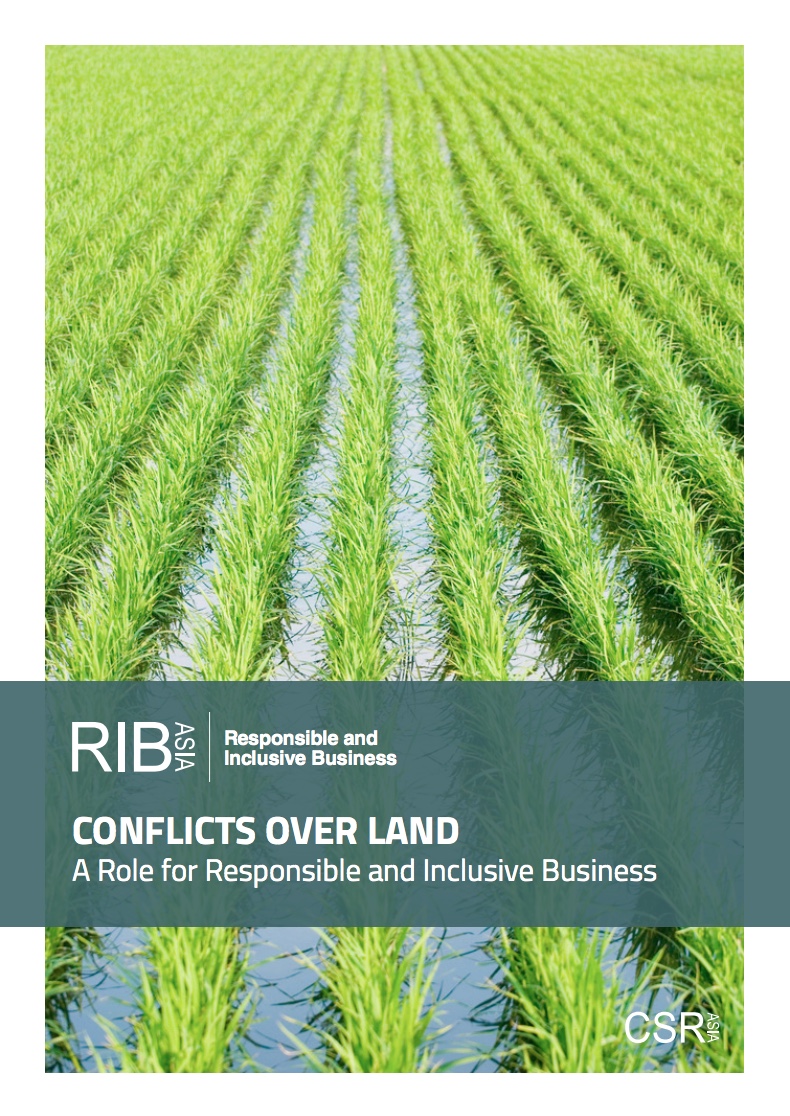Societal costs for implementation of agricultural land management policy and some scenarios for more targeted land policy: case study of Latvia
The current support policy is increasing gaps in land management intensity among different regions of the country. The support policy for agricultural and rural development does not deal with solutions for land abandonment or environmental objectives, because the abandonment is becoming a hidden, environmental policy and rural development process, which is more expensive for society. Some alternative approaches and principles for designing a new agricultural land policy for Latvia could decrease the policy costs and make land management more targeted and acceptable for society.


